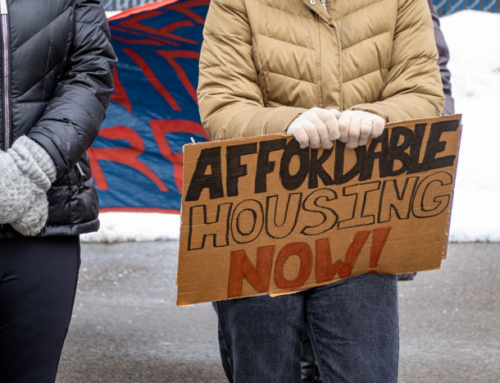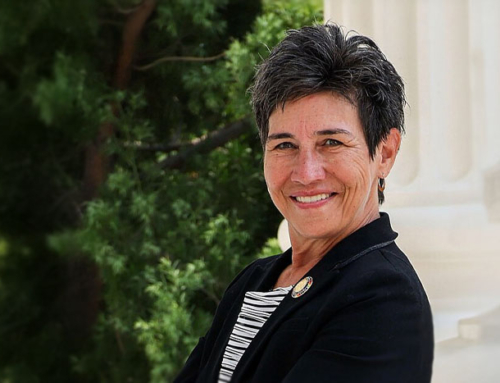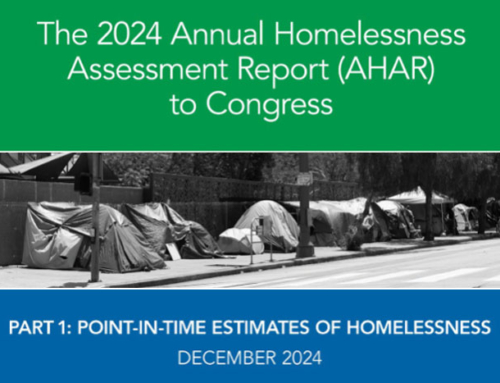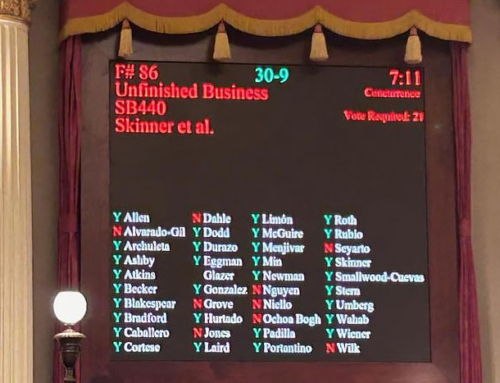Article Contributor: Jacqueline Woo, Senior Associate, Research & Policy, Global Policy Leadership Academy
After lengthy delays, numerous budget hearings, fierce lobbying, and speculation, AB 130 (Committee on Budget) and SB 131 (Committee on Budget), budget trailers bill related to the California Environmental Quality Act (CEQA) and housing project approvals, were approved on Monday, June 30th. The final trailer bills excluded a negotiated “residential wage” that the state building trades and the State Labor Federation opposed on the grounds that such wages undercut prevailing wage standards. In another unprecedented move, the Governor made his signature on the budget bill contingent on the passage of both bills, an unprecedented move that signals the continuing importance of housing as a policy topic in California.
The final budget aims to improve affordability by spurring housing construction, investing in affordable housing programs, reforming the renter’s tax credit, and making homeownership more affordable by eliminating the 20 percent down payment requirement. Meanwhile, the trailer bills promise to streamline housing development by enabling more projects to be exempt from CEQA, and pull details from AB 609 (Wicks, D-Oakland) and SB 607 (Wiener, D-San Francisco). Compared with other exemptions commonly used for infill and mixed-use projects, such as the Class 32 “Infill” Categorical Exemption or Sustainable Communities Project Exemption, the new CEQA Infill Housing Project Exemption applies to larger sites, does not limit the number of units, and does not require proximity to major transit facilities.
The new CEQA Infill Housing Project Exemption is effective immediately and provides an additional pathway to CEQA exemption for projects that comply with the following:
- Urban infill projects, with the definition consistent with SB 35 and AB 2011’s definitions.
- Site must be 20 acres or less, and 5 acres or less for Builders’ Remedy applications. A Builders’ Remedy application is one that cannot be denied by a city that fails to comply with the underlying zoning.
- Project must be consistent with underlying zoning, general plan, and local inclusionary requirements.
- Does not require projects to build affordable housing units or proximity to major transit facilities.
- Labor Standards
- No labor standards required for buildings less than 85 feet in height on mixed-income developments.
- Requires the use of a skilled and trained construction workforce for buildings that are over 85 feet in height.
- Requires that construction workers be paid the prevailing wage for projects that are 100% affordable housing.
- A tribal consultation process is required for each Native American tribe that is affiliated with the project site.
SB 131 additionally established a new CEQA process that limits environmental review required for “near miss” housing development projects, projects that meet all criteria for a CEQA exemption except for a single disqualifying condition. In such cases, the new review process will limit environmental studies to impacts that are solely caused by the single disqualifying condition, potentially providing developers with an easier pathway to streamlining such projects.
AB 130 also created an option for traffic impacts mitigation to be satisfied with fees in lieu of actual mitigation measures. Such fees will be deposited into the newly established Transit-Oriented Development Implementation Fund, which will fund affordable housing or related infrastructure projects.
These laws take effect immediately, subject to further modification in the final months of the session. Most developers and land-use attorneys in the state consider these changes to be potentially significant steps toward reducing obstacles to housing development.
© LeSar Holdings/LeSar Development Consultants. All Rights Reserved. Please be advised that any republishing of copyrighted material provided by our organization, in whole or in part, requires prior written authorization. For permission, please reach out to [email protected]. We appreciate your understanding and compliance in upholding copyright laws.






















